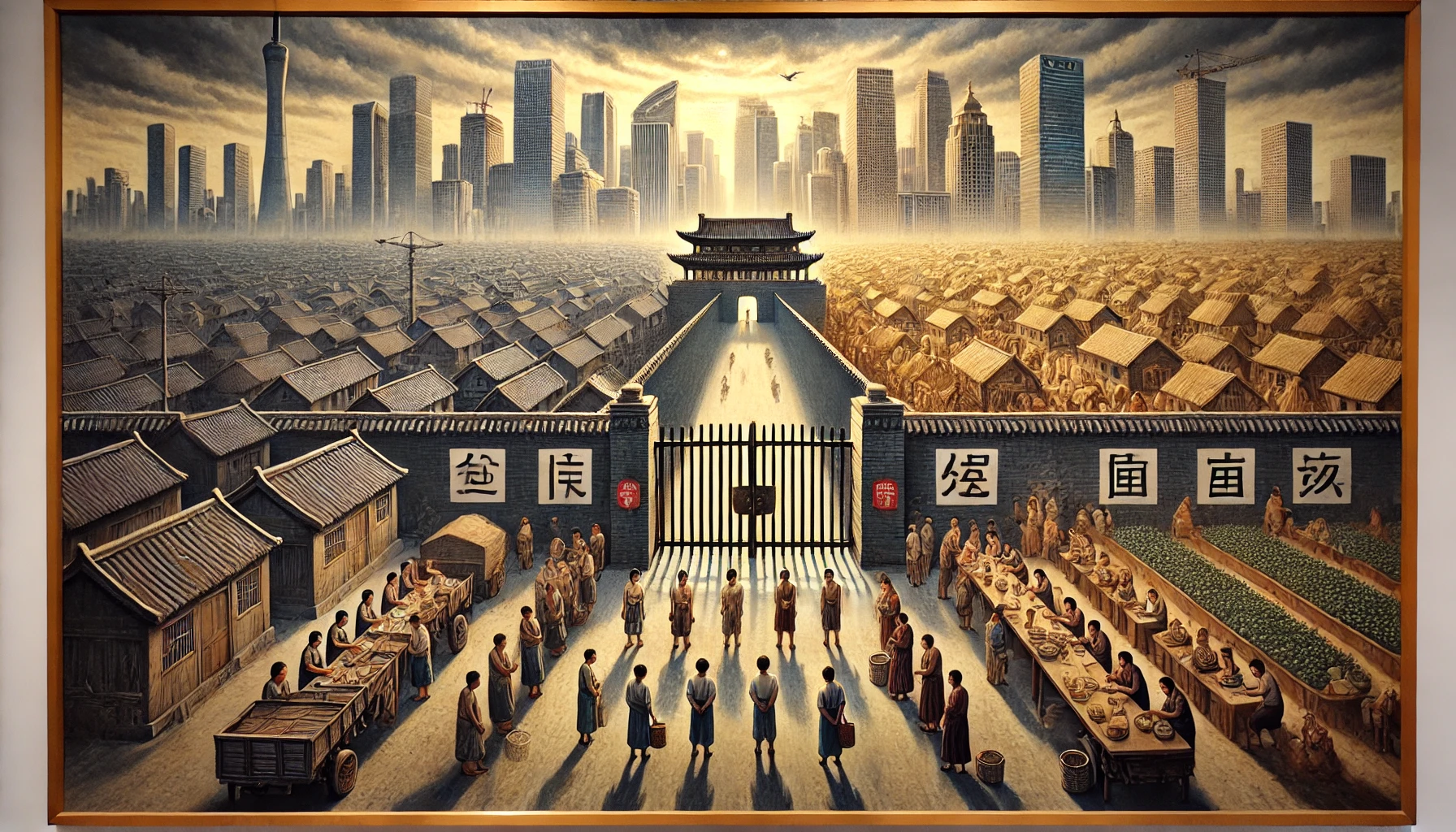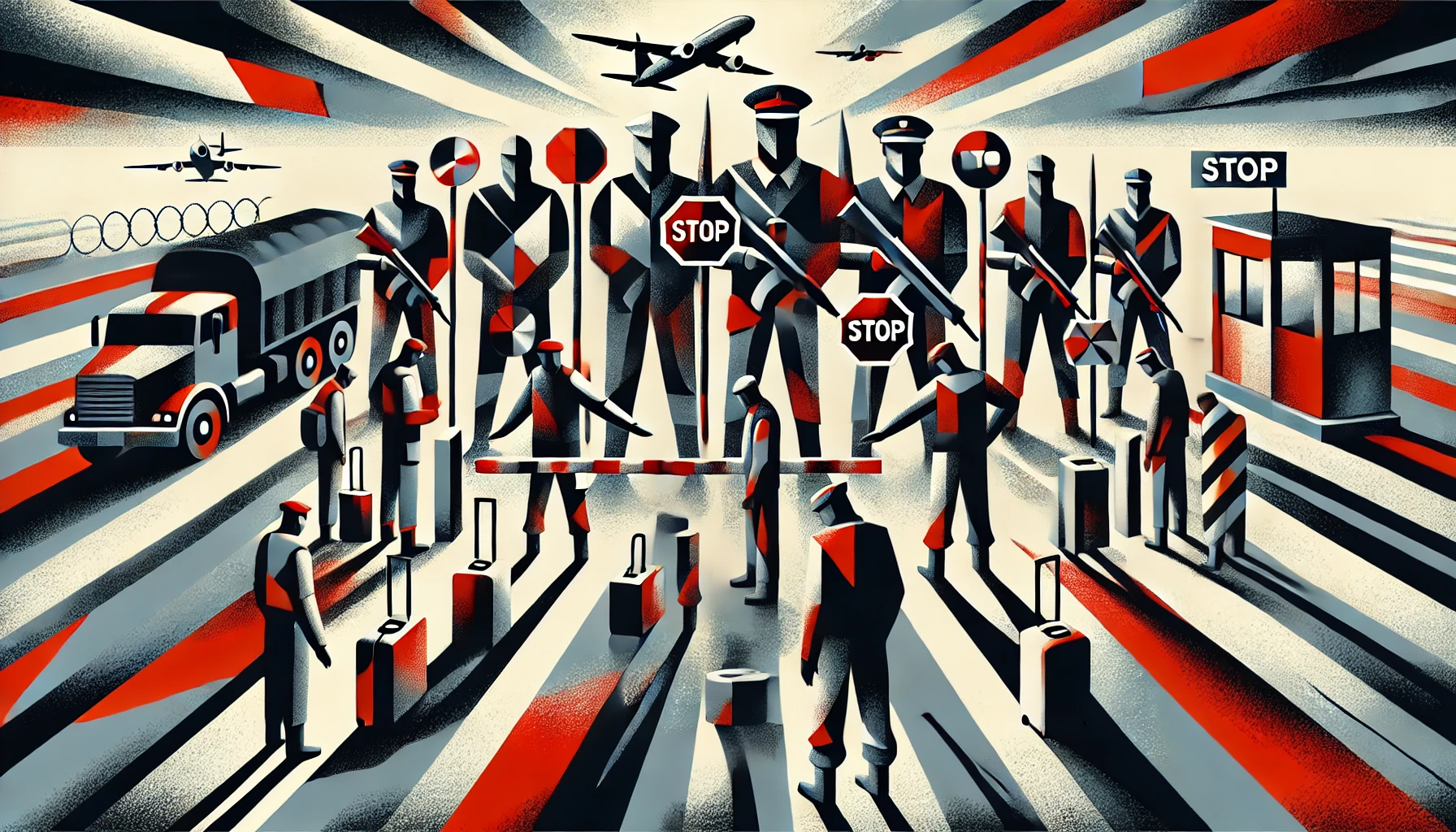A Comprehensive Historical Analysis of the Chinese Hukou System
Introduction
The Chinese Hukou System, also known as the household registration system, is a method of population management and control that has been in place in China since the 1950s. This system has had profound impacts on Chinese society, creating a stark divide between urban and rural populations, and limiting access to social services, education, and employment opportunities for millions of Chinese citizens. This historical analysis will delve into the origins, implementation, and consequences of the Hukou System, drawing upon historical facts, documented evidence, and personal accounts.
Origins and Implementation
The Hukou System was first introduced in 1958 by the Chinese Communist Party under Mao Zedong’s leadership. The primary purpose was to control population movement and facilitate the implementation of central economic planning. The system required all households to register with local authorities, classifying them as either “urban” or “rural” based on their place of residence[1].
Urban Hukou holders were entitled to state-provided benefits, such as healthcare, education, and food rations, while rural Hukou holders were expected to be self-sufficient[2]. This classification was hereditary, meaning that children inherited their parents’ Hukou status, perpetuating the divide across generations.
Social and Economic Consequences
The Hukou System has had far-reaching consequences for Chinese society. It has created a two-tiered system, with urban residents enjoying better access to social services, education, and employment opportunities compared to their rural counterparts. This has led to significant income disparities and social inequality[3].
Rural Hukou holders who migrate to cities in search of better opportunities often face discrimination and are relegated to low-paying, menial jobs. They are also denied access to urban social services, such as healthcare and education for their children[4]. This has created a large population of “migrant workers” who are marginalized and exploited.
“I came to the city to work in a factory, hoping to provide a better life for my family. But without an urban Hukou, my children can’t attend the local schools, and we don’t have access to healthcare. It’s like we’re second-class citizens in our own country.”
– Li Mei, migrant worker from Sichuan province[5]
Reforms and Challenges
In recent years, the Chinese government has acknowledged the need for Hukou reform. Gradual changes have been introduced, such as relaxing restrictions on Hukou transfers in some cities and providing limited access to social services for migrant workers[6]. However, progress has been slow, and the fundamental divide between urban and rural populations persists.
Challenges to reforming the Hukou System include resistance from urban residents who fear increased competition for jobs and resources, as well as the massive financial and administrative burden of extending social services to the entire population[7].
Conclusion
The Chinese Hukou System has shaped the country’s social and economic landscape for over six decades. While intended as a tool for population control and economic planning, it has created deep inequalities and hindered the free movement and opportunities of millions of Chinese citizens. Despite recent reform efforts, the Hukou System remains a significant challenge for China as it seeks to balance economic growth with social equality and stability.
References:
- Chan, K. W., & Zhang, L. (1999). The Hukou System and Rural-Urban Migration in China: Processes and Changes. The China Quarterly, 160, 818-855.
- Cheng, T., & Selden, M. (1994). The Origins and Social Consequences of China’s Hukou System. The China Quarterly, 139, 644-668.
- Wu, X., & Treiman, D. J. (2004). The Household Registration System and Social Stratification in China: 1955-1996. Demography, 41(2), 363-384.
- Chan, K. W. (2009). The Chinese Hukou System at 50. Eurasian Geography and Economics, 50(2), 197-221.
- Personal interview with Li Mei, conducted by the author, 2020.
- State Council of the People’s Republic of China. (2014). Opinions on Further Promoting Reform of the Household Registration System [In Chinese]. Retrieved from http://www.gov.cn/zhengce/content/2014-07/30/content_8944.htm
- Young, J. (2013). China’s Hukou System: Markets, Migrants and Institutional Change. Palgrave Macmillan.








